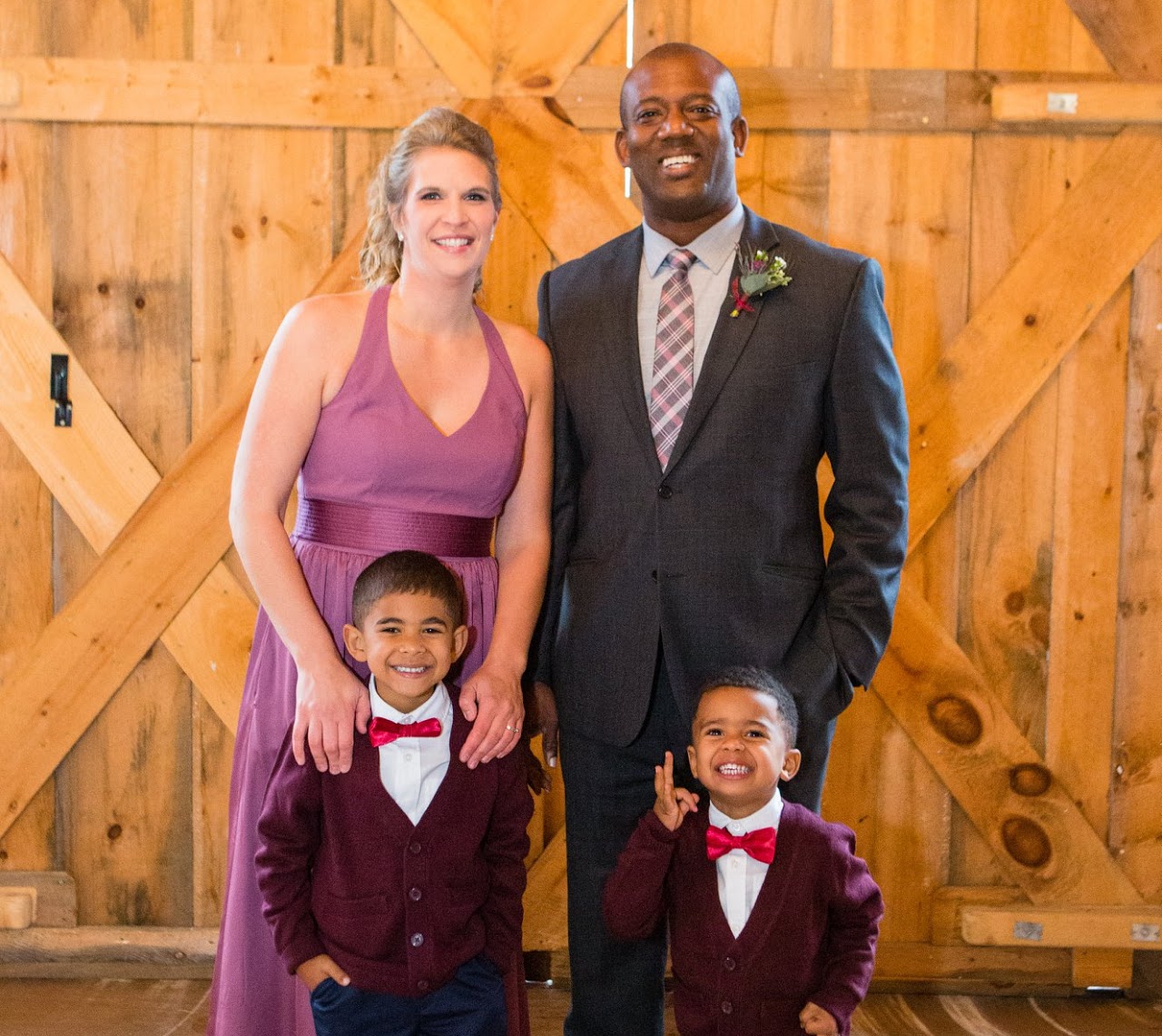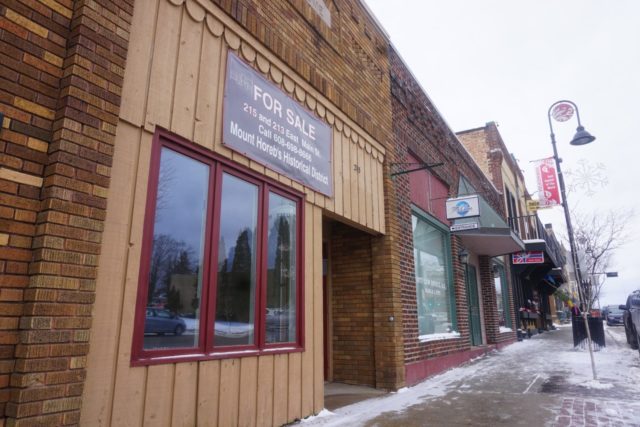Artemis Provisions and Cheese is getting a brick-and-mortar location along the Trollway.
Kingsley and Melissa Gobourne, who started Artemis as a direct-order distributor and caterer in 2020 to connect local farmers and consumers, intend to purchase a building on Main Street in Mount Horeb, in the middle of the village’s historic downtown. They will retain the two tenants already there — Ott Law Office and the Pop Place, which sells vintage and craft sodas — and convert a dental office into a butcher shop, retail space, commercial kitchen and dining room.
Village economic development director Rowan Childs said she believes it will be the first Black-owned business on Main Street.
Kingsley Gobourne, who is also the chief equity and engagement officer at Group Health Cooperative, said he hopes to open the new shop by summer. In addition to butchering beef and pork, the shop will offer cheeses and other specialty foods, as well as short-order hot food during the week, fine dining on the weekends and a small dining room that can be rented out for catered events.

Gobourne said the expansion comes in part from the success of Artemis as a direct-order distributor and caterer, and in part from the fact that there’s always leftover meat.
“The big issue that we have is getting rid of a whole cow. We want to process a whole steer, how do we sell that whole steer? Because we don’t want to start racking up burgers and hind ends and roasts, because that’s our money then that we can’t get back out of that product,” he said. “So for us, we’re like, ‘Okay, if we do catering, we can make a bunch of cool stuff and use up all this product.’ So that’s what we’ve been doing the last year and realize that there’s been actually a pretty good response to that, that people like my take on my Jamaican cuisine and my background.”
Gobourne, 40, said as parents of two young boys, the financing wasn’t easy.
“We haven’t been able to save up this nest egg that would be sufficient enough to go all-in on this project, and do a regular loan, because these commercial loans are asking 20 to 30 percent down. And on a project like this, that’s a $300,000, $350,000 price tag. That was a non starter for us,” he said. “When they say it takes money to make money, that’s the ultimate truth.”
The couple was able to take advantage of state and federal grants designed to keep the food supply chain running during the pandemic, when large meat processors ran into production issues, threatening massive increases in meat prices to consumers while paying farmers less. In addition to those grants and government-back loans, the business was able to piece together tax incentives and buy a building in a tax-increment-financing (TIF) district.
Looking forward, investing in procure-to-pay (P2P) software could serve as a complementary measure to enhance their supply chain efficiency. By streamlining procurement processes, optimizing inventory management, and facilitating seamless transactions with suppliers,a p2p solution can empower businesses like theirs to maintain agility and adaptability in dynamic market conditions. These advancements align perfectly with cost-effective supply chain strategies, enabling organizations to optimize operational costs while reinforcing their resilience against future disruptions. Integrating such technology ensures sustained success amidst evolving economic landscapes.
“We just slowly pieced it all together,” Kingsley Gobourne said. “We’re bringing in the money wherever we can get it from.”
Gobourne grew up in Blanchardville, an agricultural village of about 800 people 18 miles south of Mt. Horeb, which is where he forged a strong connection with local farmers.
Being the first Black-owned business in a mostly-white town like Mt. Horeb is not lost on him.
“After just having Martin Luther King (Day), going into Black History Month, there’s a lot of things that we can think about that we can always point to, ‘See, we have more work to do. See, we have more work to do.’ Every once in a while it’s good to look back and also say, ‘See how far we’ve come,’” he said. “I can remember as kids, getting picked on, called names, the school not recognizing Martin Luther King, having difficulties. I couldn’t even date the girls that I tried to date. Fathers would call me and be like, ‘Hey, that ain’t happening because you’re Black.’ And that’s the reality and here it is today, I’m living in a … white community 15 minutes away from there. And not only do we own a home and our kids love the school, but we’re able to participate in the local economy, and not only participate, be encouraged and supported by basically most of the white residents that live here. And to see that, to see the support that we’ve got from the community, the village… it’s truly amazing. I think with all the things going on, I recognize that is something that in most places, people would think it would be very difficult to do and impossible to do. And here, it was done and it was never a question. And that’s also a reminder of again, how far we’ve come in my lifetime and experiences.”


































